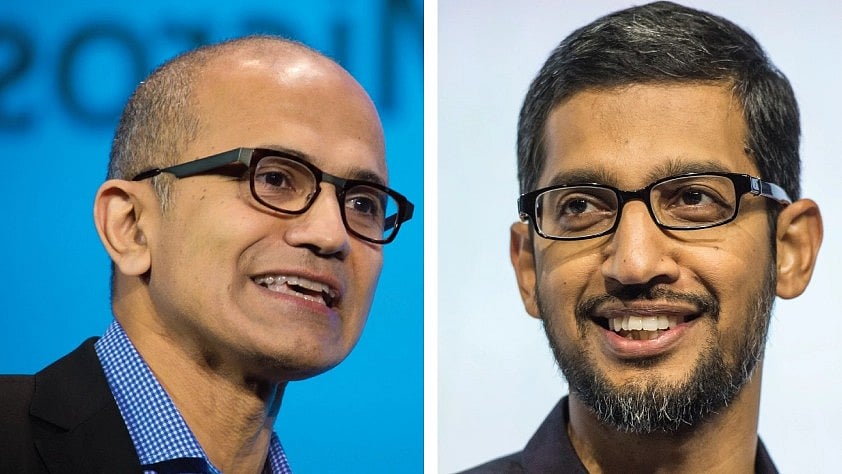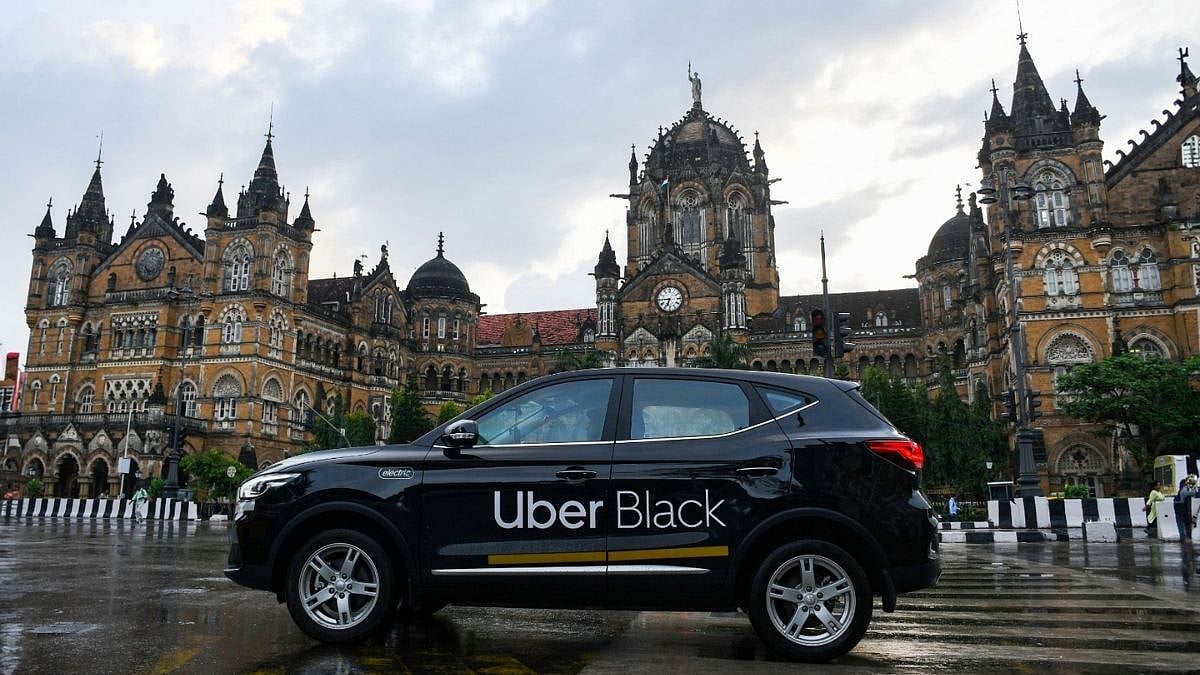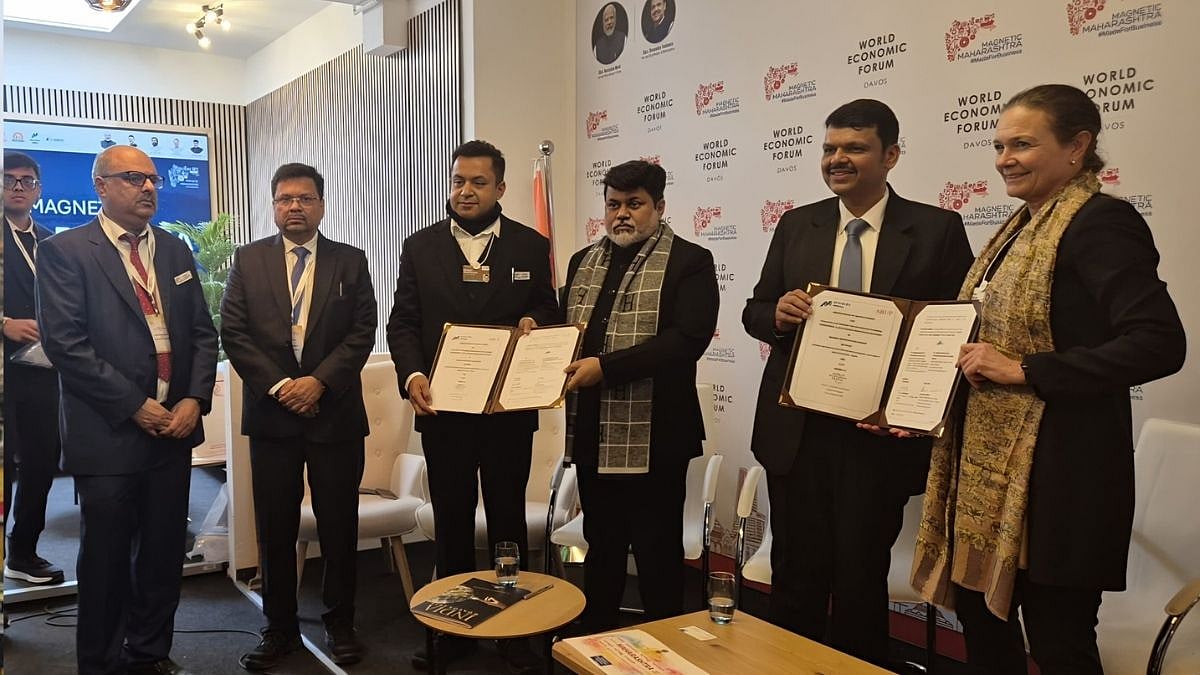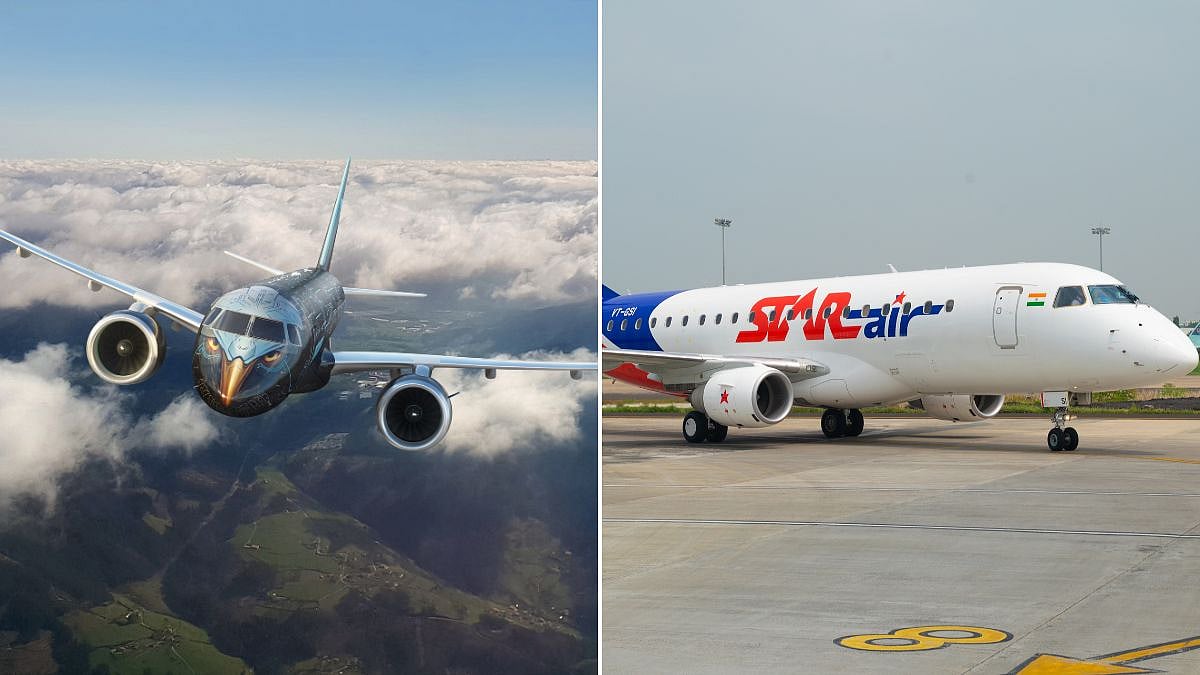Within a matter of months, ChatGPT has gone from a conversational AI being used for writing poetry, college essays and even codes, to being a serious business tool. After a botched attempt to pitch Bard against ChatGPT, Google CEO Sundar Pichai warned about AI's harmful effects, while Elon Musk called for AI to be paused, while working on his own version.
Days after the Godfather of AI warned that the tech can end humanity, US President Joe Biden has urged Pichai and Microsoft CEO Satya Nadella to protect people from risks associated with it.

AI raises concerns across the board
Nadella and Pichai were among top Chief Executive Officers of tech firms, who were called to the White House for an emergency meeting to discuss regulations for AI.
OpenAI CEO Sam Altman was also one of those attending the meeting, that was called after the President urged private firms to make sure that AI products are safe.
During the meeting, the White House also announced a $140 million investment towards building trustworthy AI ventures.
These funds will allow the National Science Foundation, led by Indian-origin Sethuraman Panchanathan, to develop seven National AI Research Institutes.
Waking up to AI's threat after ChatGPT's surge?
Years after reports of Turkish autonomous drones going rogue in Libya raised eyebrows, public activists and industry voices are raising an alarm over the unchecked power of AI, following ChatGPT's rise.
The chatbot which responds like a human being has already been integrated into Bing after a $10 billion investment by Microsoft.
But it has also been banned in schools over chances that students may use it for cheating, and Italy had temporarily outlawed ChatGPT over privacy concerns.










